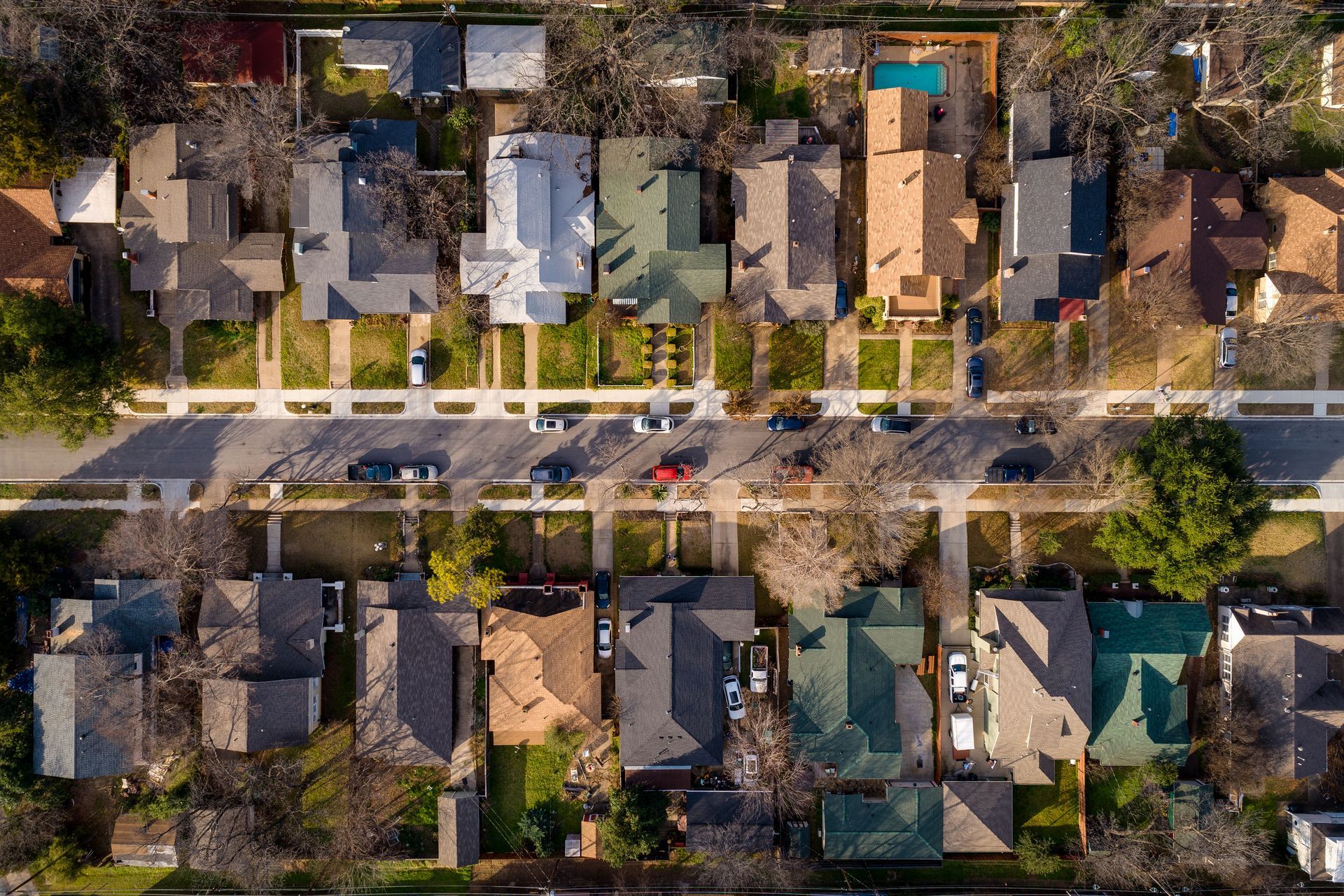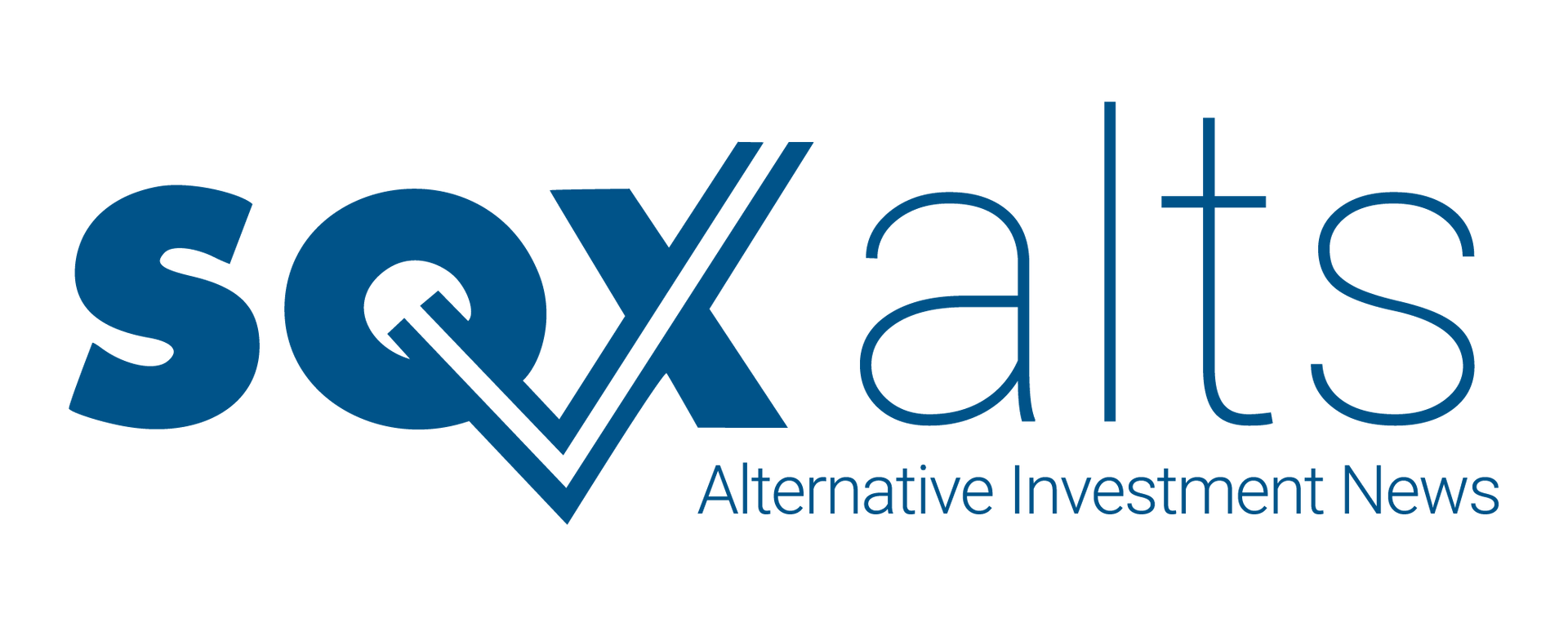Hartman vREIT XXI Grapples With Strategic Transition
Amid high vacancy rates and a leadership reshuffle, the Texas REIT focuses on repositioning its commercial assets while facing significant regulatory and financial headwinds.
August 25, 2025

Hartman vREIT XXI, Inc. is recalibrating. Faced with inflation, elevated interest rates, and cash flow pressure, the Texas-based REIT has paused investor distributions, made internal leadership changes, and begun repositioning its property portfolio. The firm’s latest annual report lays out the challenges in plain terms—and the steps underway to navigate them.
The REIT focuses on commercial real estate across Texas, with an emphasis on value-oriented office, retail, and industrial properties. As of year-end 2022, the portfolio included 10 wholly owned assets, a major partial stake in one Houston office building, and investments in two affiliates with exposure to dozens more properties. Occupancy stood at 83%, spread across roughly 958,000 square feet.
But rising capital costs and slowing leasing activity have strained liquidity. Distributions were suspended in December 2022. Share redemptions are on hold. These decisions were made to protect the balance sheet, but they’ve also removed key liquidity options for investors.
Distributions Paused, Liquidity Tight
Distributions have been off the table since late 2022, and there's no set timeline for reinstatement. Management also suspended the share redemption program. Without a public market for shares, investors have limited ways to access liquidity.
At the same time, estimated NAVs for each share class continue to be published annually—but future NAVs may move significantly as valuations shift and properties are sold or repriced.
To manage short-term cash needs, the company has leaned on asset sales. One example: the August 2024 sale of Richardson Tech Center, which brought in $10.3 million—more than double the 2018 purchase price. Most of the proceeds went to pay down a credit facility, with a portion allocated to a capital reserve.
A New Advisory Team Steps In
In April 2023, Hartman vREIT terminated its advisory and property management agreements with two longstanding affiliates. The company signed new contracts with Hartman Advisors II, LLC and REIT Property Management, LLC—entities led by the same sponsor.
The day-to-day responsibilities haven’t changed much. The new advisor continues to manage property operations, acquisitions, and investor relations. But the reshuffling reflects a broader shift in governance. Allen R. Hartman, who controls the new advisor, also owns the sponsor, which raises questions about oversight and alignment—especially when it comes to fee structures and long-term decision-making.
While the independent board retains the authority to terminate the advisor, most strategic control remains concentrated with management.
Litigation, Leasing, and Headwinds
The company is dealing with ongoing litigation tied to Winter Storm Uri. Power price spikes during the 2021 freeze led to a dispute with Summer Energy LLC, adding another variable to the risk landscape.
Leasing challenges continue. Hartman’s focus on suburban office properties—especially in Houston and San Antonio—has buffered some of the impact from remote work trends, but market conditions remain competitive. Rising construction costs and tighter credit markets are pushing out timelines and limiting flexibility.
Vacancy in several buildings remains high, especially among Class B office assets. That’s increasing the pressure to offer lease concessions and fund capital improvements.
Portfolio Strategy: Smaller Moves, Sharper Focus
The firm’s investment strategy hasn’t changed on paper. Hartman still targets assets with room to grow through re-tenanting, redevelopment, and operational upgrades. But execution now leans toward stabilization over expansion.
Future acquisitions appear unlikely in the near term. Instead, the focus is on maximizing income from existing assets, funding improvements selectively, and identifying dispositions that support debt reduction. The Richardson Tech Center sale points in this direction.
As of the end of 2022, Hartman also held partial interests in a 39-property affiliate (Hartman SPE LLC) and a related REIT. These positions remain under review.
Governance, Compliance, and Structural Constraints
The REIT operates under an UPREIT structure, which enables tax-deferred contributions of real estate to the operating partnership. While useful for acquisitions, this structure creates added complexity and potential conflicts between shareholders and limited partners.
Maintaining REIT status is also an active area of focus. Income and asset tests, minimum distribution requirements, and ownership limits all require ongoing monitoring. Failure to comply could trigger corporate taxation and a loss of favorable tax treatment.
With limited access to capital markets, the REIT may need to lean on property sales or selective borrowing to meet cash obligations and avoid breaching compliance thresholds.
Looking Ahead
Right now, Hartman vREIT XXI is playing defense. Distributions remain on hold. New acquisitions are unlikely. But the firm is actively managing its portfolio and working to create breathing room—through refinancing, asset sales, and capital planning.
Investor outcomes will depend on how quickly occupancy improves, whether key tenants renew, and how well the advisor navigates market conditions. Any recovery in distributions will be closely tied to those outcomes.
For now, the REIT’s strategy is clear: protect capital, manage liquidity, and position the portfolio to ride out continued volatility.
Share
Read More Articles


